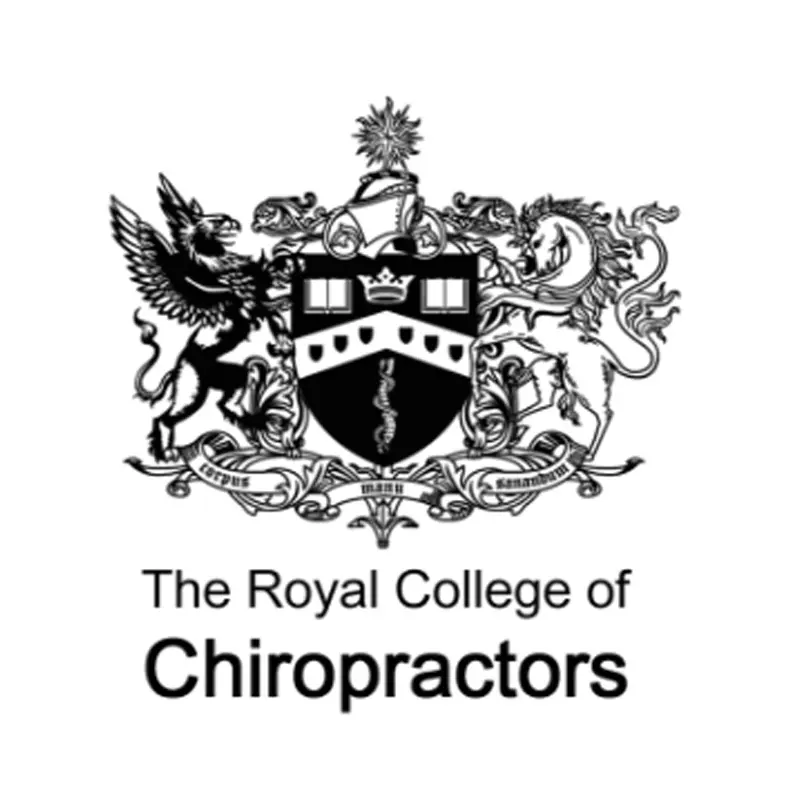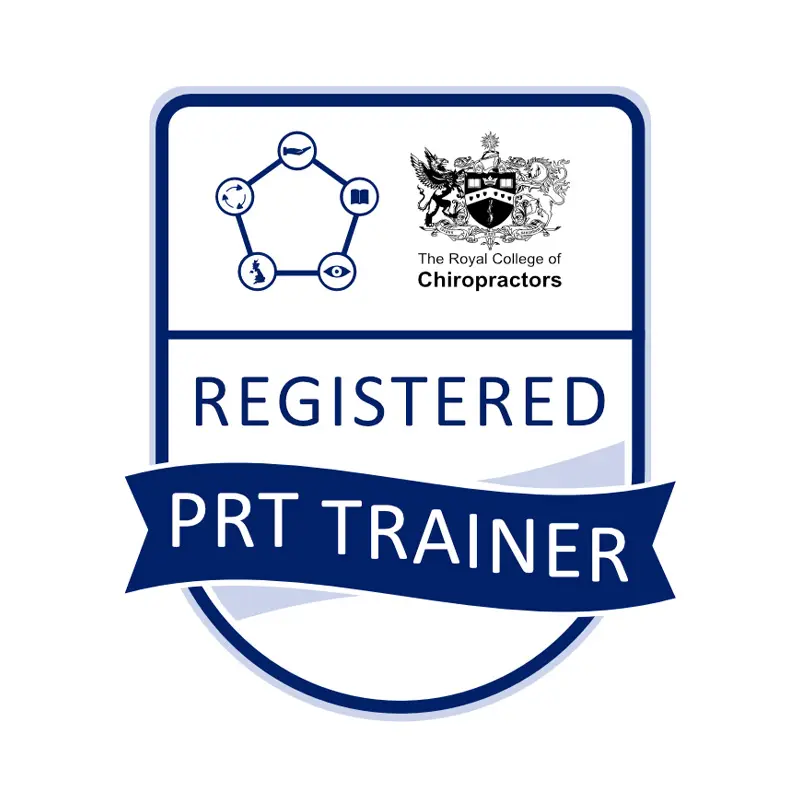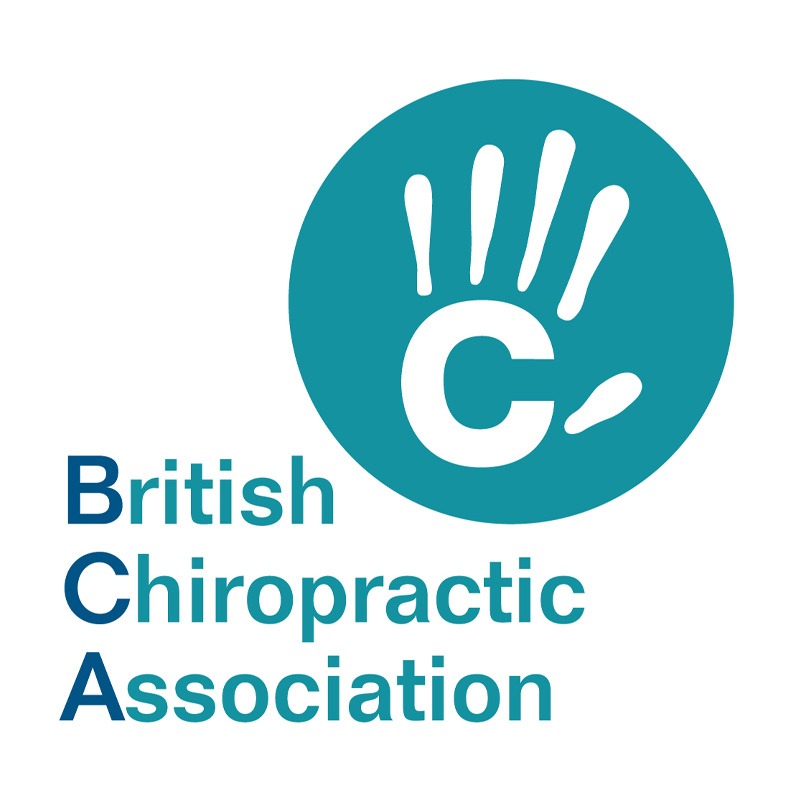Chronic stress can have a hugely negative impact on our physical health, as well as our mental wellbeing. Not only does it play a role in our susceptibility to illness and disease, but also in day-to-day functional problems such as pain and stiffness, something that Chiropractors see on a regular basis. As we’re always on the go, our stress levels only seem to be increasing!
Chiropractors are well versed in helping their clients manage stress levels. As health practitioners, they view each client in a holistic manner, know the importance your diet has when it comes to a healthy body and mind. The role of nutrition should not be underestimated!
We’ve asked Max Hirshmann, Chiropractor at London Wellness Centre, to give us a quick guide of what and how to eat to better manage stress:
Balancing your blood sugar
To cope well with stress, we need our food to provide us with balanced, sustained energy. Foods that quickly break down into glucose and are quickly absorbed – such as sugary foods and fast-releasing carbohydrates – may give us a burst of energy, but can cause our blood sugar to peak and then dip. This can actually increase our body’s stress response and stress hormone levels, as well as making us feel irritated and out of control.
Here are the three fundamental steps to balancing your blood sugar:
- Eat primarily whole foods: vegetables, animal foods (eggs, fish, unprocessed meat, unsweetened dairy foods), nuts and seeds, beans and lentils, and some fruit. Avoid sugary snacks, refined carbohydrates and other processed foods such as breakfast cereals.
- Making sure every meal includes a good serving of protein, healthy fats, and complex carbohydrates. The primary protein foods are the animal foods mentioned above, and nuts and seeds, and beans and lentils. Healthy fats are found in nuts and seeds, oily fish, avocadoes, and coconut. Complex carbs are found in vegetables, whole fruit (i.e. not fruit juices), whole grains, beans and lentils.
- Eating regularly. Skipping meals or leaving too long between meals can cause your blood sugar level to drop too low, which can also trigger a stress response.
Getting enough food
As well as eating regularly, getting enough food is important when you’re dealing with stress. Going on a restrictive weight loss diet – whether it’s low-calorie, low-carb or low-fat – during a stressful time can be particularly bad for your stress levels. Instead, now is the time to focus on balancing your blood sugar as outlined above, by eating healthy, regular meals, getting enough protein, good fats and non-starchy vegetables plus cutting the refined carbohydrates and junk foods. You should find it easier to manage your weight – or lose a little bit of weight – by eating in this way. It’s a win, win situation.
Healthy snacking
Although regular snacking is not the best thing for everyone, it can be helpful if you’re coping with stress! This is not an excuse to head to the vending machine every few hours, but a couple of snacks either side of your main meals, can help to keep your blood sugar on an even keel. Your snacks need to be based on whole foods, and contain some protein and complex carbohydrates.
Great examples include:
- Two or three oatcakes with one of the following: a tablespoon of hummus, guacamole, cottage cheese, half an avocado, a hard-boiled egg or a teaspoon or two of nut butter (e.g. almond butter).
- A pot of natural yoghurt (without added sugar) with some berries and/or a tablespoon of pumpkin seeds mixed in.
- A wedge of left-over home-made frittata/omelette.
If you don’t have time to make your own (let’s be honest, this is when we usually purchase a naughty treat), lots of supermarkets and eateries now sell nutritious snack pots.
However, be mindful of what you eat. You shouldn’t really need to be snacking more than once between meals. Constantly ‘grazing’ can have a negative effect on your weight and your digestion!
Magnesium-rich foods
The mineral magnesium plays a vital role in our psychological health, including our mood and how well we cope with stress. Both physical and emotional stress can increase the body’s need for magnesium; having a low magnesium to calcium ratio (i.e. too little magnesium compared to calcium) can actually increase the release of stress hormones such as adrenaline. [1]
The best food sources of magnesium are green leafy vegetables such as kale, chard and spinach; seeds and nuts; and whole grains – especially buckwheat and rye.
B vitamin-rich foods
Like magnesium, B vitamins also play a vital role in our energy as well as our psychological function.
The various B vitamins are found in different foods, but the best all-round sources include eggs, oily fish, organ meats (especially liver), seeds and nuts, and beans and pulses. Luckily these are also foods that are great for our blood sugar balance!
Avoid overdoing stimulants
Many of us turn to stimulants such as tea, coffee or chocolate (yes, sorry!) when we’re feeling stressed. However, stimulants of any kind, triggers the body’s stress response. In particular, try to keep your coffee consumption to a minimum – one-two cups a day prior to lunchtime is ample. Tea can have a gentler stimulating effect so can be better tolerated, but keeping it to one cup a day can still be advisable. Try to introduce calming herbal teas such as chamomile and spearmint – especially later in the day. It isn’t just coffee or tea that has an impact. We Brits are good at knocking back a glass or two…but have you ever been wide awake in bed after a night out drinking? Alcohol also acts as a stimulant, as well as a relaxant. It disrupts your blood sugar balance, so try to keep your alcohol consumption to a minimum. Even though it can ‘take the edge off’ a particularly stressful day, you’re not doing yourself any favours. Why not save those empty calories for food?




